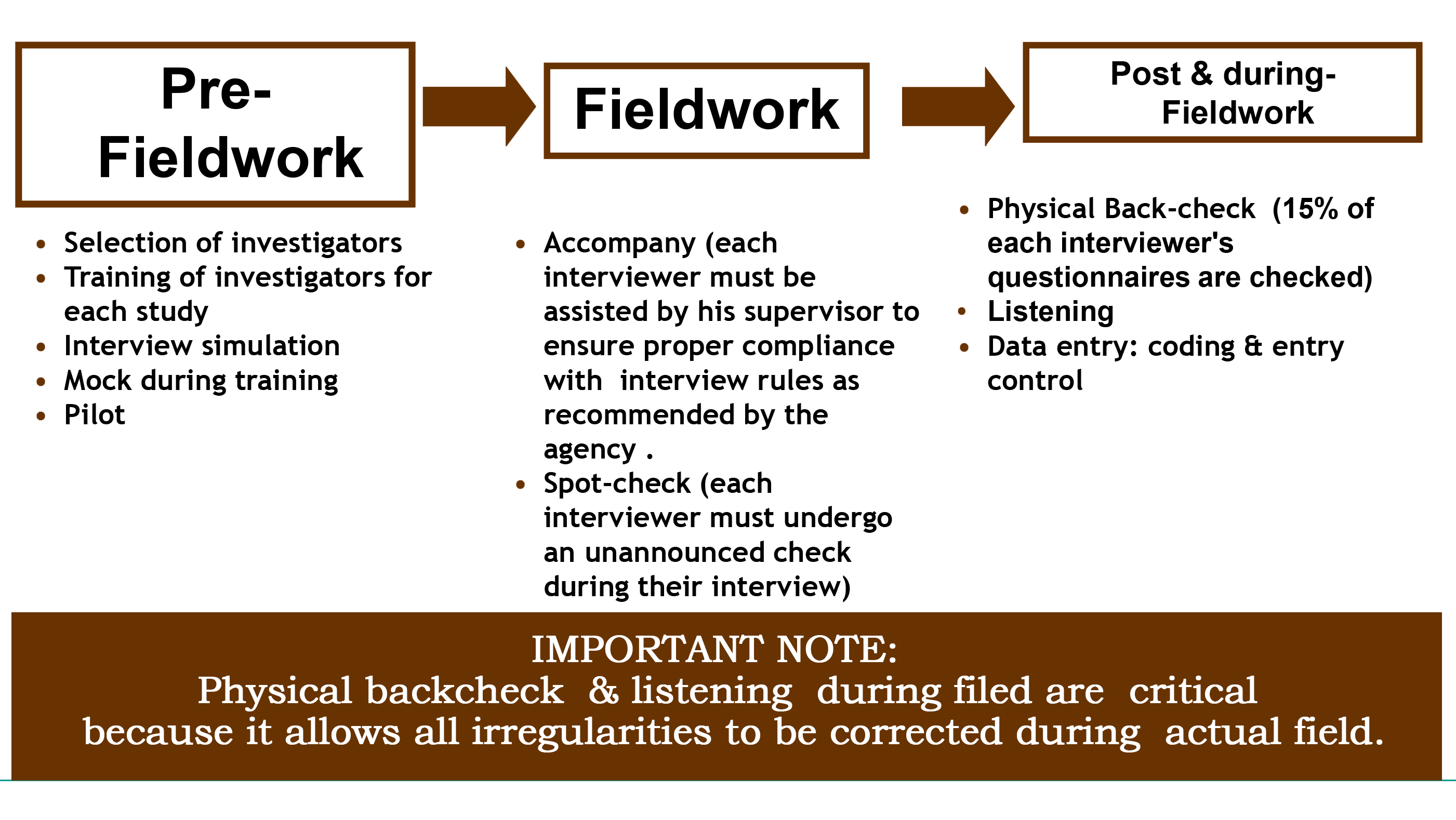Cutting-edge tools and technologies as well as thoughtful methodological approaches that have proven their worth!
|
RESEARCH APPROACH |
QUALITATIVE & QUANTITATIVE |
|
INSPIRE |
Insight Generation of... Life cycle Usage and Attitudes Motivations and Obstacles Analysis of market trends |
Cutting-edge tools and technologies as well as thoughtful methodological approaches that have proven their worth!
|
RESEARCH APPROACH |
QUALITATIVE & QUANTITATIVE |
|
INNOVATE |
IDEATION… Idea workshops, Product launches following insights, needs, expectations generated. DELTAQUAL TM … Decision making/Understanding of the purchasing process with Autopilot rules , Moments of change (churner) TM BASICS…. 'Early' innovation tests |
>>Depending on the need for the study project, the appropriate tool and methodological approach are then adopted.
Cutting-edge tools and technologies as well as thoughtful methodological approaches that have proven their worth!
|
RESEARCH APPROACH |
QUALITATIVE |
QUANTITATIVE |
|
ASSESS |
Evaluation Studies : - Concept/Product Testing - Packaging test - Name/Logo Test - Pre-Ad Test: Creation of ideas/ Animations/ Stillomatics/ Film - Post-Ad Test: Commercial/Print/Outdoor campaign - Evaluation of concept, product, advertising, packaging - Brand evaluation etc.… |
Price research : |
>>Depending on the need for the study project, the appropriate tool and methodological approach are then adopted.
Cutting-edge tools and technologies as well as thoughtful methodological approaches that have proven their worth!
|
RESEARCH APPROACH |
QUALITATIVE & QUANTITATIVE |
|
TRACK |
Periodic Tracking : - Life cycle: Ethnography, Observations, In-home visits - Usage & Attitudes Motivations and obstacles Brand rating: Winning Brands ™ - Customer Satisfaction: Customer eQTM Employee eQTM |
>>Depending on the need for the study project, the appropriate tool and methodological approach are then adopted.
1- Qualitative – Exploratory:
To understand motivations and barriers towards a category, the use of product and give indications for quantitative approach
2- Quantitative - Monitoring
Nature of information: Use of product, segmentation of consumer profile in terms of product use, demographics, needs & benefits.
Identify potential segments and actions to take for marketing activities
3- Development strategy
>> Consumer Studies continued
Brand health & communication tracking,
Objective: monitor the state of health of brands over time through the measurement of the following marketing indicators
MARKETING INDICATORS
* Top of mine,
* Image,
* Sleep penetration,
* Weekly penetration,
* Essay,
* Regular and occasional consumption,
* Presence of homes,
* Disposition towards a brand,
* Market shares,
* Loyalty,
* Interest,
* Recruitment: source of business,
* Advertising awareness
>Loyalty to brands and products,
>Customer value analysis
>Positioning test,
>Perceptual map of brands,
>Positioning test,
>Perceptual map of brands,
etc.
>>Some technique projectives :
* Affective story,
* Word association,
* Sentences to complete,
* Open analogies,
* Brand evening,
* Personification of brands,
* Gluing,
* Planet of brands.
* Free drawings on concept boards.
| DMRA 's experienced Field Managers supervise all projects and all instructions are personally conducted on site. -Our Field Operations Manager take care of all briefings. It is a prerequisite that all investigators participating in a study will follow briefing(s). |
|
Recruitment and training of investigators: |
| Editing: All completed questionnaires are edited daily (checking consistency of answers, checking whether all questions have been asked as indicated, etc.). At least 15% of each interviewer's work is rechecked one day after completion of interview and discarded if required. Verification is done physically and, if necessary, by telephone calls. Careful quality checks during each stage of fieldwork therefore ensure high standards of data collection for all projects. |
|
Coding: |


